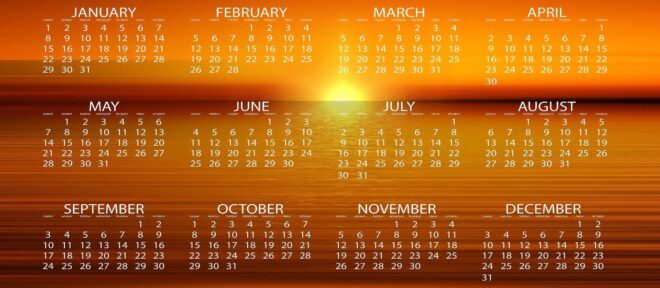
This FAQ is now obsolete. Jewish Calendar Calculations are now supported. See the Zmanim API 1.3.0 Release announcement
Question:
How do I get the Jewish Date for … using the Zmanim API?
Answer:
The current version of the Zanim API does not support Jewish calendrical calculations. Zmanim are almost exclusively based on the solar calendar, so for example, the sunrise on February 8th this year in Montreal (or any other date and location), will be almost the same every year. for this reason there was little point (as far as zmanim) to support Jewish date calculations in the API. One of the only zmanim to rely on a Jewish date is the sof zman kidush levanah calculation, though there are some opinions that it is purely molad based, and this can be calculated without a Jewish calendar component to the API. This zman is obviously not currently implemented in the Zmanim API. I am currently working on adding Jewish date support to the API. The code is based off Avrom Finkelstein‘s no longer active HebrewDate project. I refactored a lot of the code and fixed a number of bugs. Anyone interested in alpha testing this code can download the latest Zmanim SVN code.
I mentioned that it “will be almost the same every year” and this is due the approximate 1/4 day drift between the 356 day calendar year and the approximately 365.25 days actually present in the astronomical year, a discrepancy corrected every leap year. A future FAQ (probably a few of them) may delve specifically into this drift as well as general zmanim accuracy issues in detail.
If you are simply looking to convert a Hebrew date to Gregorian or Gregorian to Hebrew online without the API, try the JewishGen calendar conversion tools.


 The Zmanim API 1.2.1 was released today. Changed in this release were the addition of a few very early Tzais zmanim, and the removal of references to the
The Zmanim API 1.2.1 was released today. Changed in this release were the addition of a few very early Tzais zmanim, and the removal of references to the